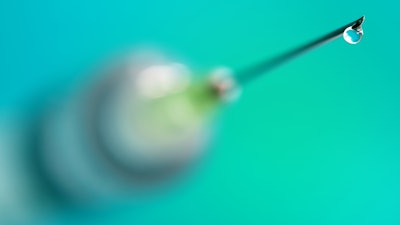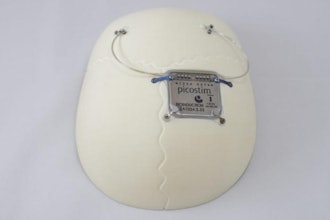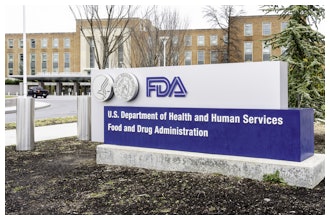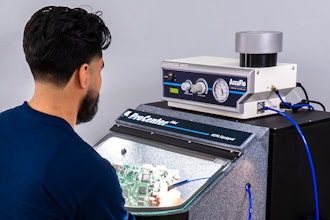
On March 19, 2024, the U.S. Food and Drug Administration (FDA) provided an update on the agency's ongoing evaluation of quality and performance issues related to plastic syringes made in China. The FDA included additional recommendations and actions the FDA is taking to address these issues.
In November 2023, the FDA informed consumers, health care providers and health care facilities that the FDA is evaluating the potential for device failures (such as leaks, breakage and other problems) with plastic syringes made in China, that are used for injecting fluids into, or withdrawing fluids from, the body.
The FDA had received information about quality issues associated with several China-based syringe makers. The issue does not include glass syringes, pre-filled syringes or syringes used for oral or topical purposes.
On March 18, 2024, the FDA issued warning letters that describe violations related to the sale and distribution of unauthorized plastic syringes made in China that have not been cleared or approved by the FDA for sale or distribution in the U.S. to the following three entities:
- Jiangsu Shenli Medical Production Co. Ltd. (China-based manufacturer of plastic syringes)
- Medline Industries, LP (firm marketing and distributing plastic syringes made in China within the U.S.)
- Sol-Millennium Medical, Inc. (firm marketing and distributing plastic syringes made in China within the U.S.)
The warning letters for Medline Industries, LP and Sol-Millennium Medical, Inc. also concern violations related to quality system regulations for syringe products. The FDA expects these entities to fully address the violations described in the warning letters.
In addition, the FDA is actively evaluating quality issues and performance testing failures with plastic syringes made by Jiangsu Caina Medical Co Ltd, a China-based manufacturer cited in the warning letter issued to Medline Industries, LP.
The FDA remains concerned that certain syringes manufactured in China may not provide consistent and adequate quality or performance, and its evaluation is ongoing. The situation is evolving situation, and the FDA will continue to keep the public informed as new or additional information becomes available.
Recommendations
Until further notice and because of potential quality and performance issues, U.S. suppliers of plastic syringes, consumers, health care providers and facilities should:
- Immediately transition away from using plastic syringes manufactured by Jiangsu Caina Medical Co Ltd, unless use of these syringes is absolutely necessary until you can complete the transition.
- Immediately transition away from using unauthorized plastic syringes manufactured by Jiangsu Shenli Medical Production Co Ltd, which includes all models other than the 5 mL luer lock syringe, unless use of these syringes is absolutely necessary until you can complete the transition.
For all other plastic syringes made in China, the FDA recommends the following:
- Check the manufacturing location for syringes you use or have in your inventory by reviewing the labeling, outer packaging, or contacting your supplier or group purchasing organization.
- Use syringes not manufactured in China, if possible. At this time, glass syringes, pre-filled syringes, or syringes used for oral or topical purposes are not included.
- If you only have syringes manufactured in China, then continue to use them as needed until you are able to use alternative syringes and closely monitor for leaks, breakage, and other problems.
- Report any issues with syringes to the FDA.
The FDA will continue its extensive efforts to evaluate problems with plastic syringes manufactured in China, including facility inspections, examining products at the border and detaining them as appropriate, laboratory testing of syringes and working with manufacturers to ensure corrective actions are taken.






















